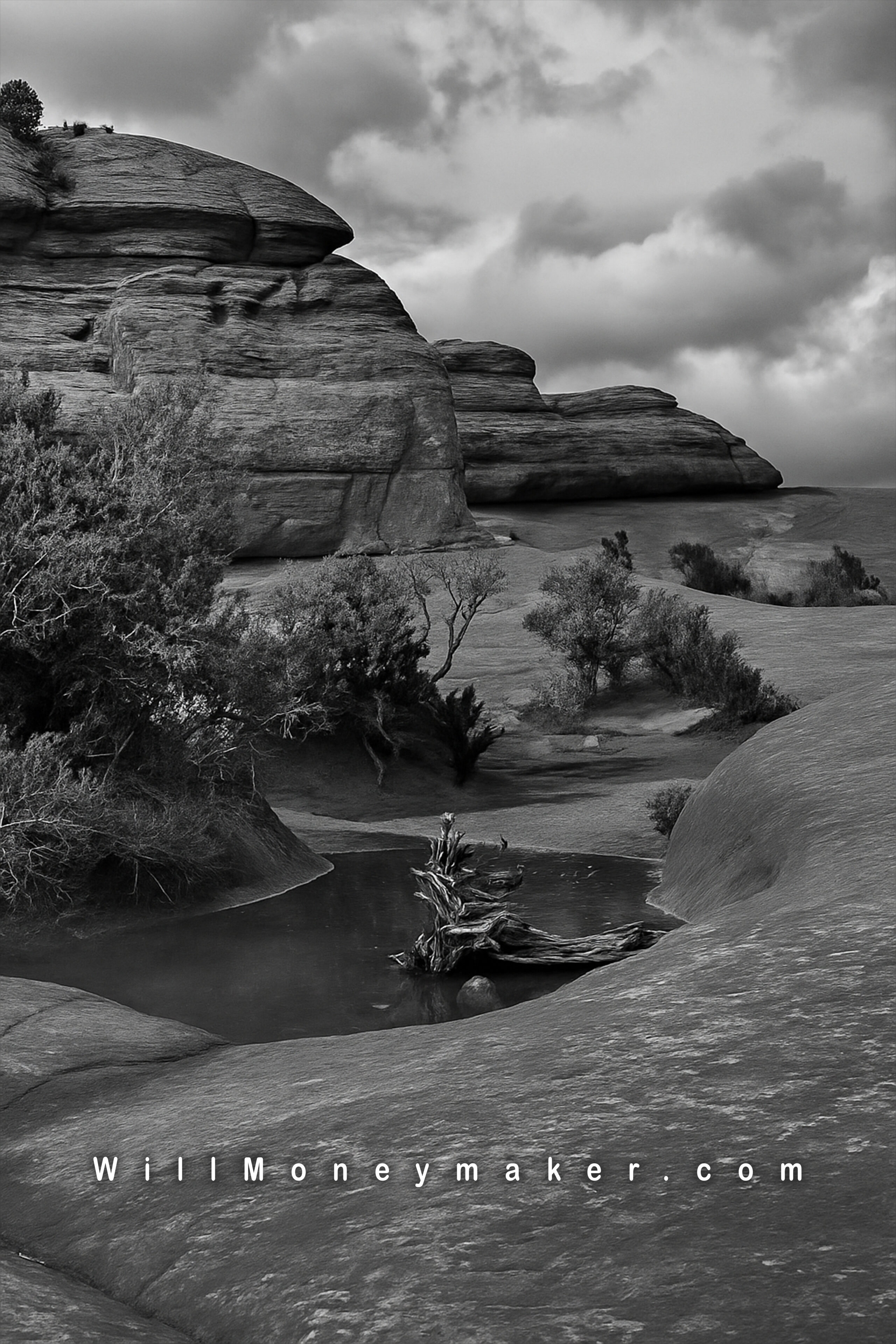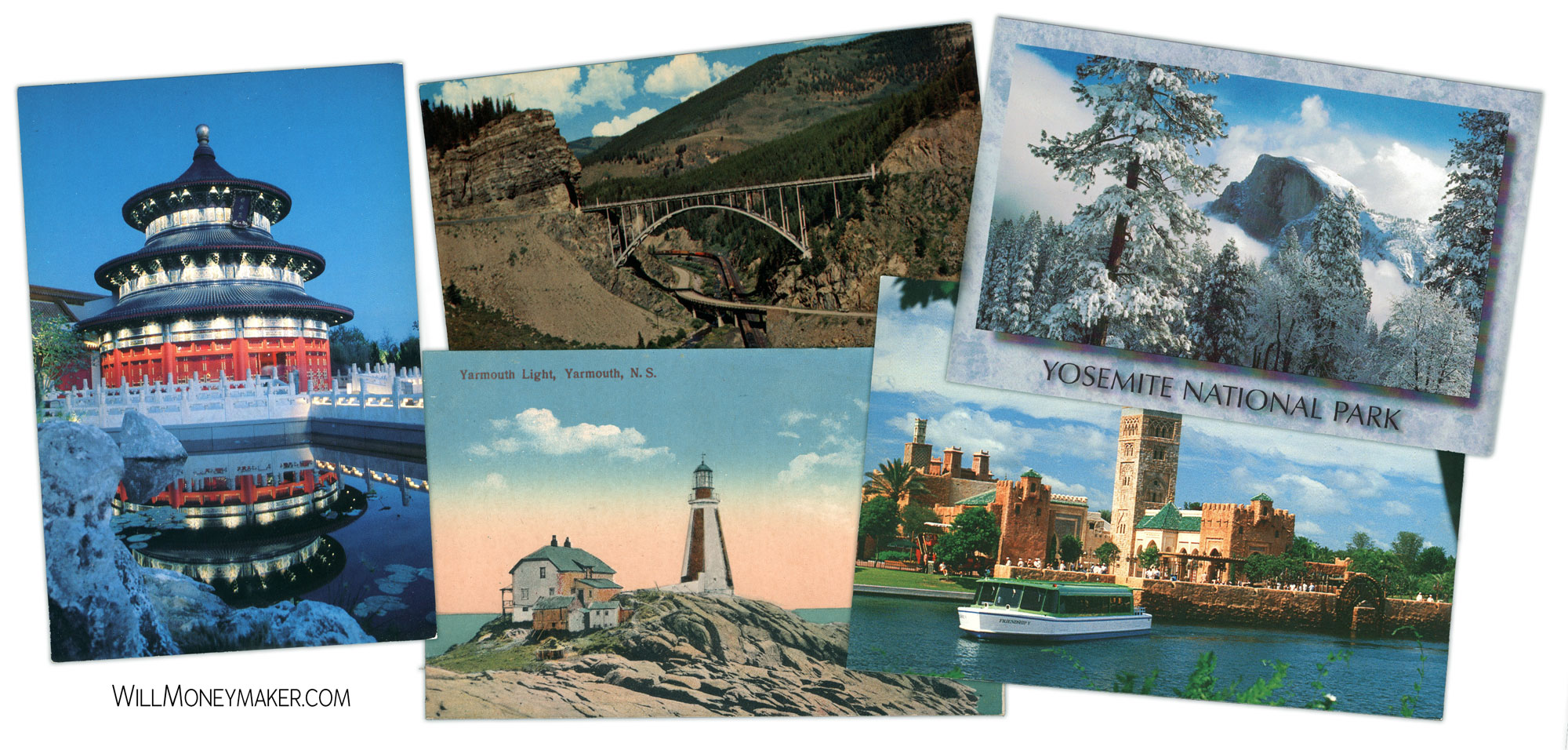Excessive megapixels are something you’ve probably heard me talk about before, but it’s just such a pervasive thing that I feel the need to bring it up again. There is just so much pressure to buy cameras that have extraordinarily high megapixels, or cameras that are capable of producing 8K video. Sometimes it seems like insanely high resolutions are all the rage. But the truth is, it’s just so expensive, and most photographers really just don’t need that kind of equipment. I hate to see people being parted with money unnecessarily—especially for features that may never really be put to their intended use.
And what is that intended purpose? Essentially, there are two if you include both photography and videography. In photography, high resolution images are for extremely large prints, which most of us will never make. Things beyond the 20×30 range—and how many of us can even claim to make 20×30 images all that often? For video, extreme high resolutions are for things meant to be published professionally on screens that could be as big as movie theater screens.
And for the rest of us? Our work may grace gallery walls, we may market it toward art collectors or people who simply want something nice for their living room walls. A few of us may go on to see our images hanging in a museum someday. But even with that, most of us won’t be creating photographs so large as to need extreme high resolutions.
On the video side of things, it gets bleaker. The majority of videos we create will end up on YouTube, where the maximum resolution is 1080p, and where most of the time, the resolution will be 720p. At that point, it seems kind of silly to invest in resolutions that go far, far beyond what we can actually display.
When you get right down to it, it just doesn’t make sense to invest in equipment capable of extreme resolutions—and there are several reasons for that. Not only are you wasting money on highly expensive cameras, but then you also need the equipment capable of handling these things. That means you’re going to want high-end monitors so that you can properly view these extreme resolutions. You’re going to want a faster processor in your computer, more RAM, much bigger hard drives, and terabytes upon terabytes of cloud storage.
There is the sheer amount of time invested in these things, too. How much longer does it take the average computer to load an 8K video for processing? How much more time will it take to upload these massive files to your cloud storage? Some of us don’t even have internet connections capable of handling uploads this big—at least not within any kind of reasonable time frame.
All this time, money, and effort spent. And for what? The ability to create billboard sized prints that are more than likely going to end up as 8x10s, or on occasion, 20x30s? The ability to create videos worthy of movie theater screens and national TV when in reality, the majority are made for YouTube and thus have caps on resolution?
It’s a trap—and it’s one that you don’t have to get sucked into so long as you are aware of the hype, and aware of the resolutions you actually need.
Now go and enjoy the beauty of God’s creation through your lens.





